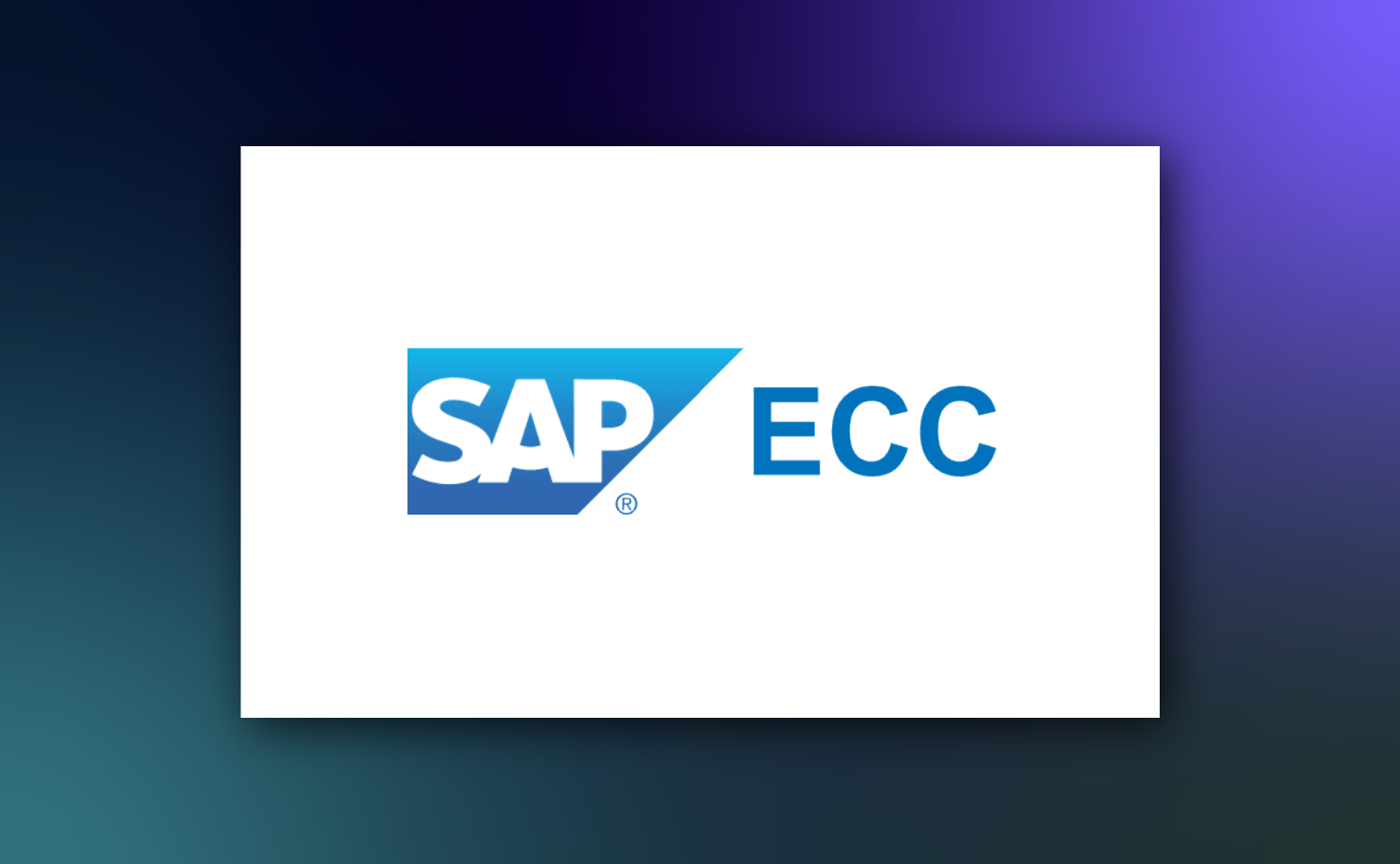
SAP has announced that mainstream support for ECC (ERP Central Component) will end in 2027, with limited extended support available at a premium through 2030. For organizations running ECC, this represents a strategic turning point that will impact business operations, cost structures, and the ability to innovate.
The critical decision is how to migrate from SAP ECC. Companies must weigh the costs, risks, and opportunities of three main options:
Each path has different implications for business leaders, IT teams, and long-term competitiveness. Here’s a guide to help you weight each path:
When many organizations adopted SAP, it was one of the few fully integrated ERP platforms available. Alternative solutions either lacked critical functionality or were fragmented across business areas leading to expensive bolt-ons or customization. That’s no longer the case.
Today’s cloud-based ERP platforms provide:
This option will likely result in lower total cost of ownership. Infrastructure, backups, and disaster recovery are included in licensing fees to minimize the need for large in-house IT teams. Plus, cloud ERPs support continuous upgrades so there’s always access to the latest functionality without disruptive reimplementation projects.
For companies seeking a clean break from legacy complexity, this path provides an opportunity to modernize business processes, eliminate costly integrations, and position the organization for long-term agility.
S/4HANA is SAP’s flagship ERP and the successor to ECC. On paper, it provides powerful capabilities like in-memory analytics, real-time processing, and an improved user interface. However, the move to S/4HANA is not simply an upgrade. It is a full reimplementation that requires careful planning and significant investment.
Organizations must be prepared to:
The challenge is compounded by resource scarcity. Demand for S/4HANA consultants and implementation partners is high, which is driving up costs and extending project timelines.
Despite these challenges, for large companies already heavily invested in SAP and committed to the SAP ecosystem, S/4HANA offers continuity and access to SAP’s future innovation roadmap.
SAP is offering extended support for companies unwilling or unable to migrate by 2027. While this may feel like the least disruptive choice in the short term, it comes with significant drawbacks in the long run.
Extended support means:
For most organizations, extended support should be considered only as a temporary bridge. It’s a short-term measure to buy time while a longer-term solution is identified and implemented.
A caution: Don’t view the end of ECC support as just another IT deadline. It’s a time to fundamentally reassess how ERP systems enable the business.
The most successful organizations will approach this moment strategically by balancing cost, risk, and opportunity. They will emerge with systems that do more than just maintain operations. Don’t miss the opportunity in this transition. That is, the opportunity to create a platform for innovation, agility, and long-term growth for the next decade.
December 31, 2025: End of mainstream support for SAP ECC 6.0 with Enhancement Packages 0-5.
December 31, 2027: End of mainstream support for SAP ECC 6.0 with Enhancement Packages 6-8.
Trenegy helps clients cut through the noise and make pragmatic ERP decisions. If you’re needing to decide how your organization will approach the end of ECC support, we can offer expertise to help you move forward. To chat more, email us at info@trenegy.com.